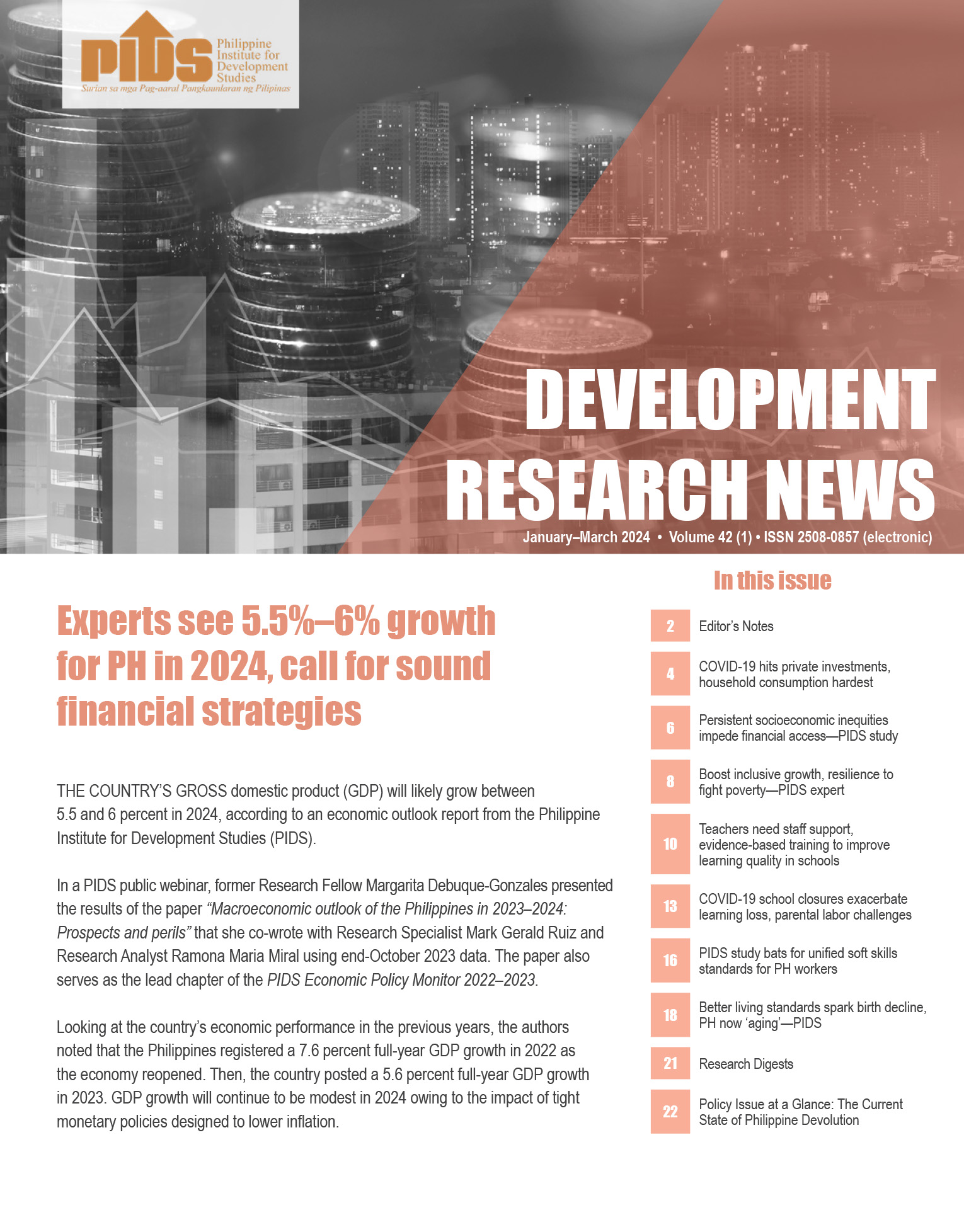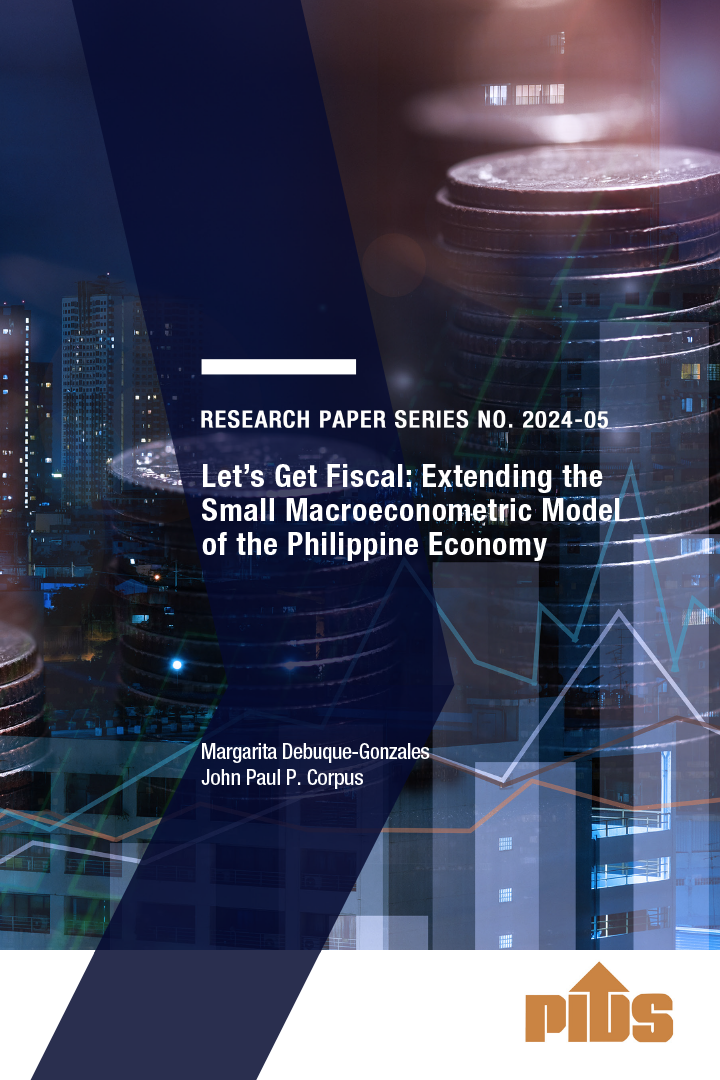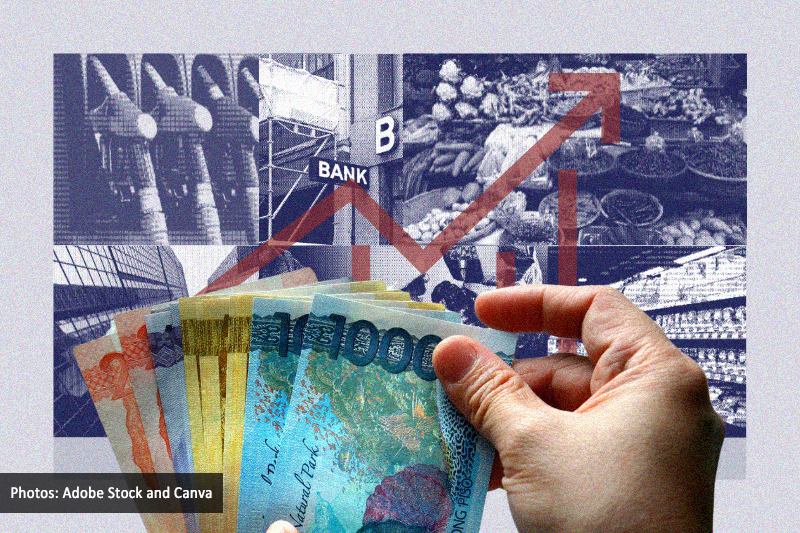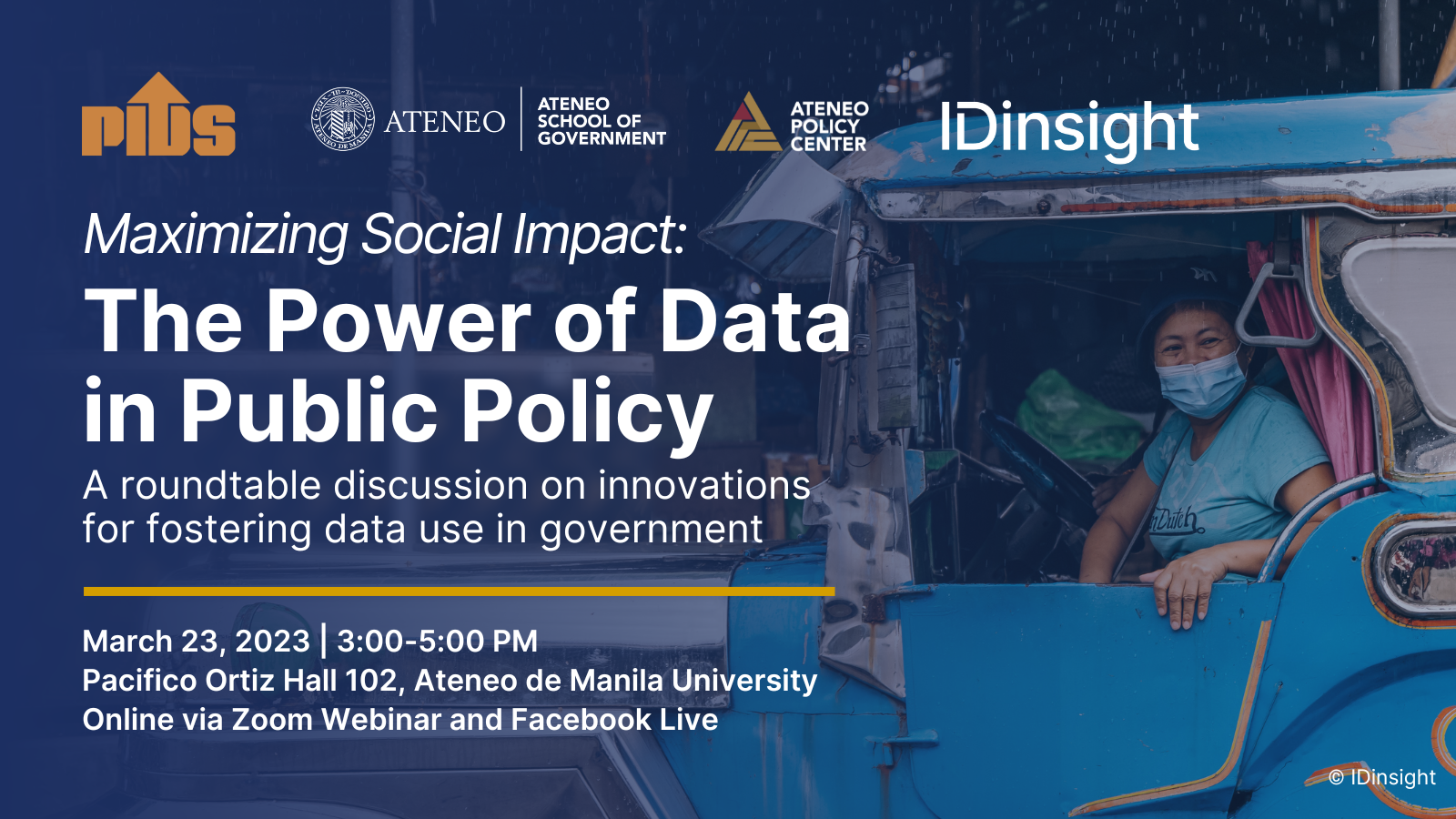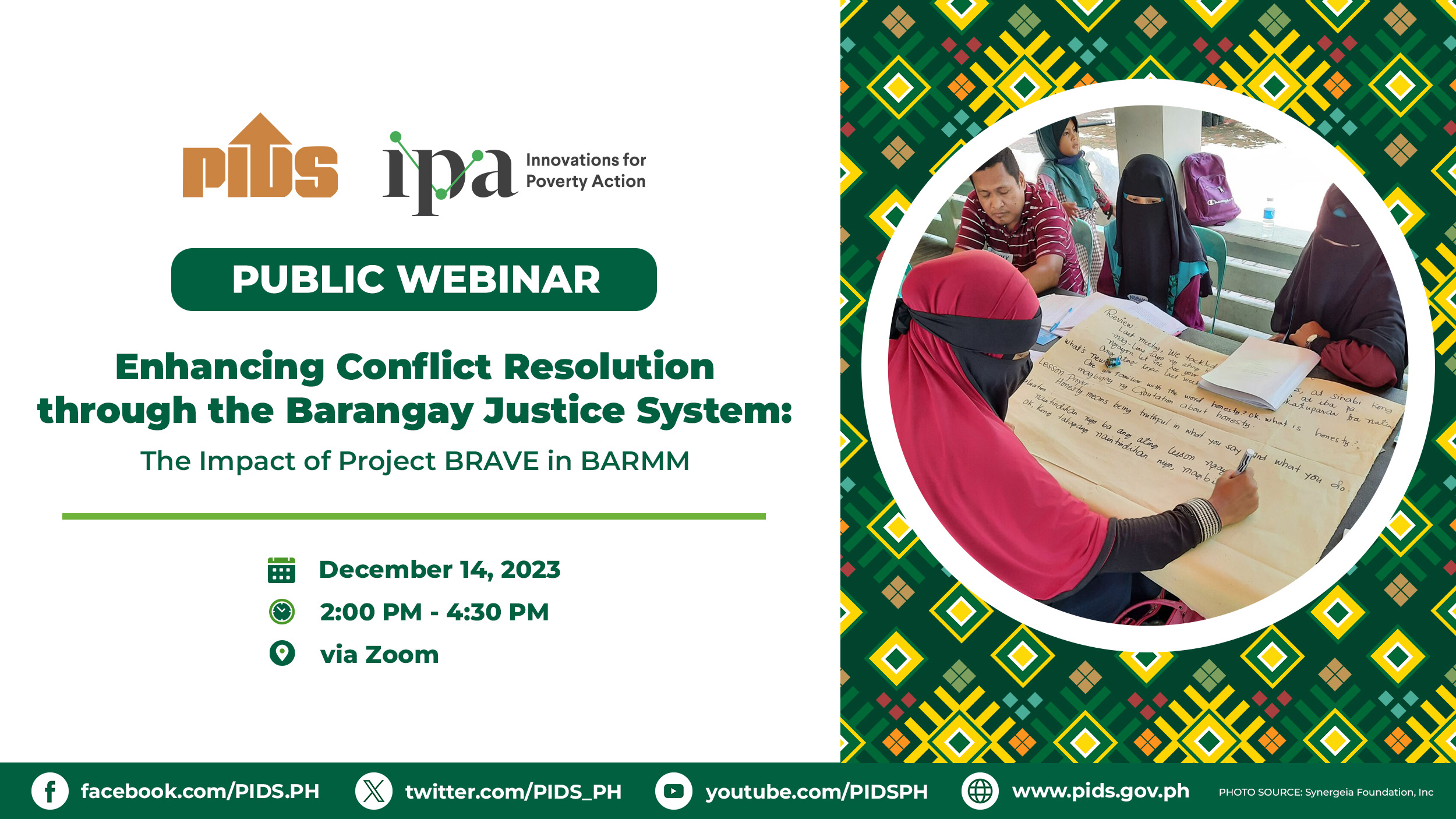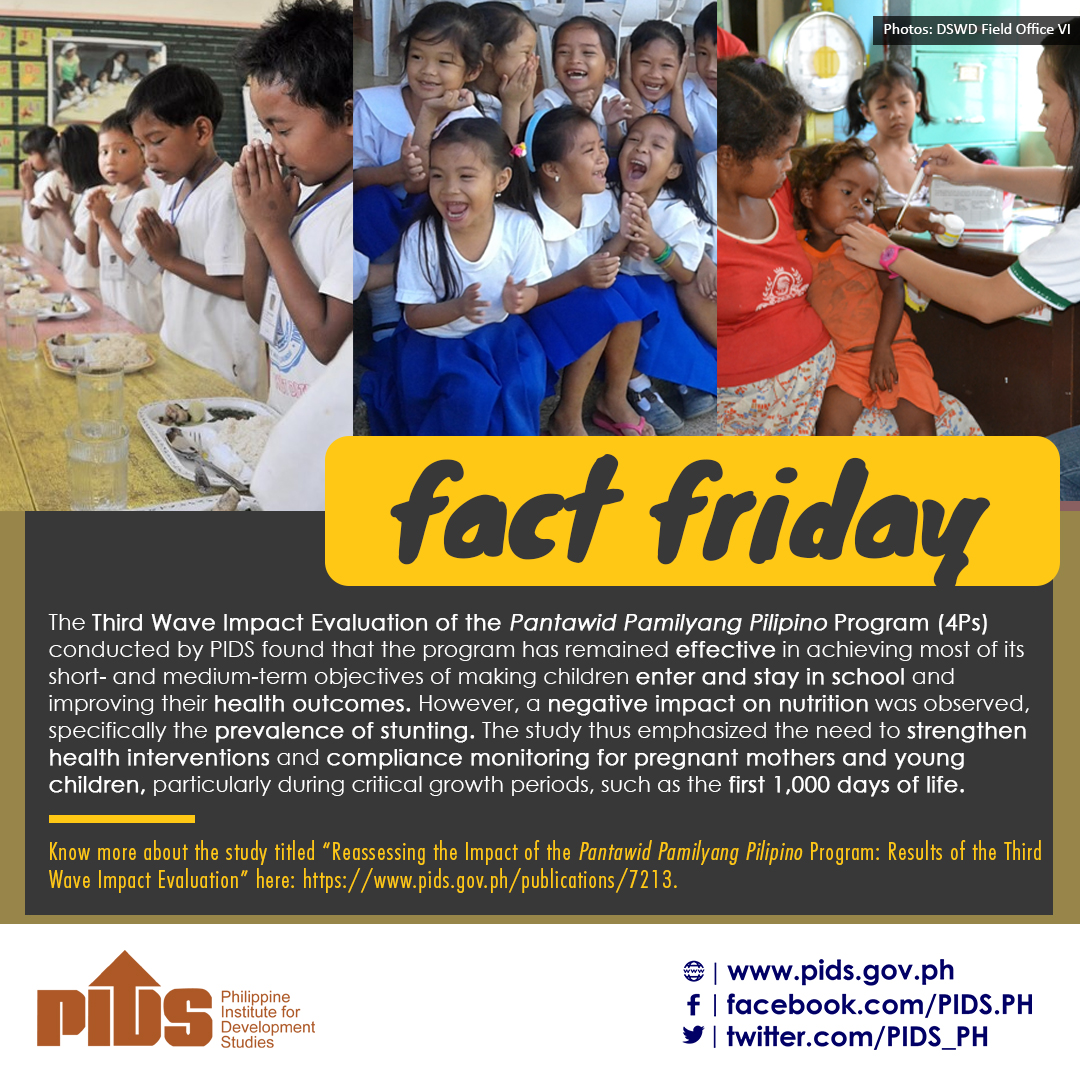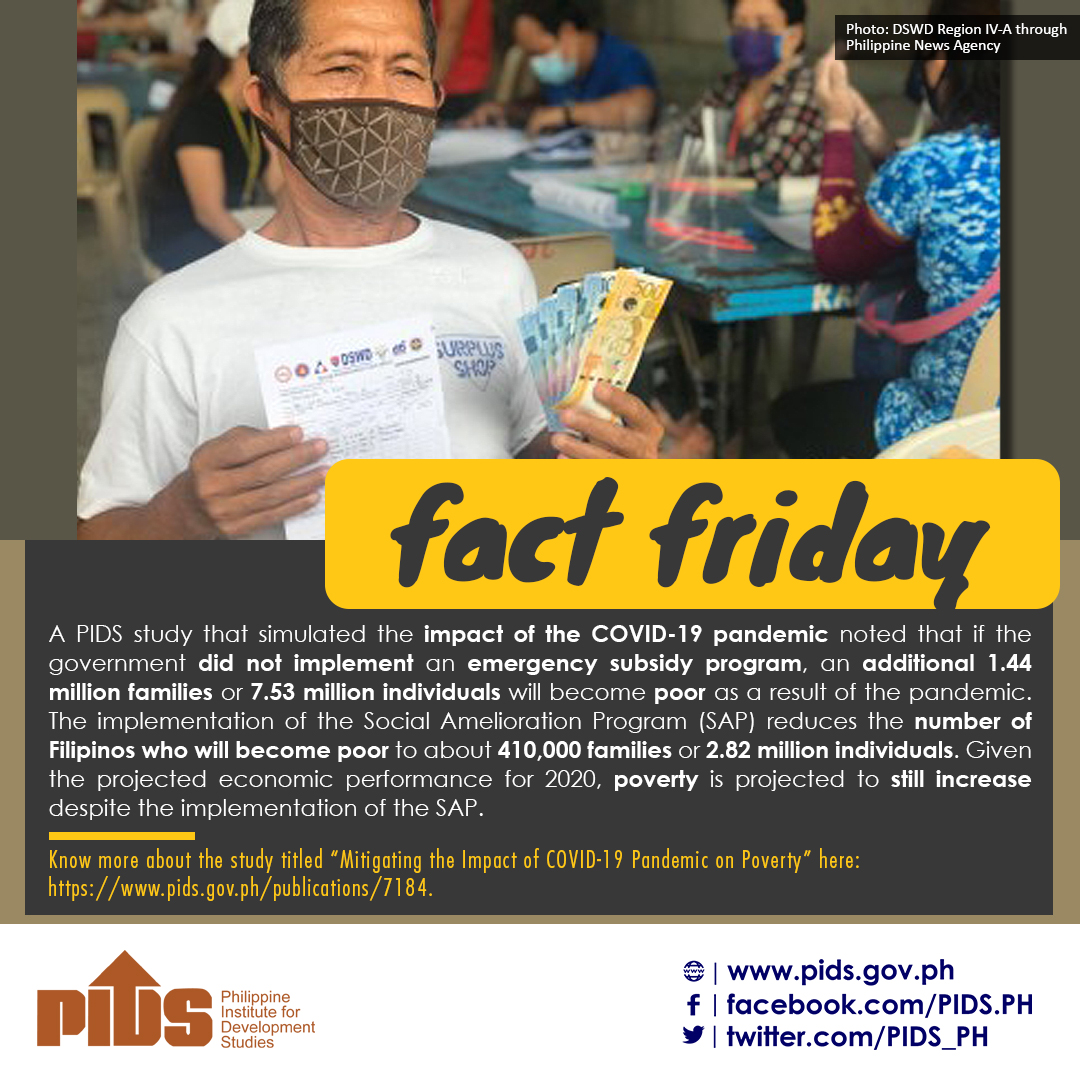Development practitioners and advocates are gathering in Manila this week for the first-ever international meet on impact evaluation in Asia. The Philippine Institute for Development Studies (PIDS) is co-organizing the five-day workshop and conference with the Asian Development Bank (ADB) and the International Initiative for Impact Evaluation (3ie).
`Making Impact Evaluation Matter: Better Evidence for Effective Policies and Programs` is being held at the ADB headquarters in Manila as the Philippines marks the 12th Development Policy Research Month, a nationwide observance promoting evidence-based policymaking.
A two-and-a-half-day series of intensive workshops on impact evaluation started Monday, Sept. 1 with 3ie executive director Howard White emphasizing the importance of theory-based impact evaluation.
A `theory of change` lays out the steps in a `causal chain` that links inputs to outcomes, and the assumptions underlying the links in the causal chain, White told participants in one of the parallel sessions.
`Some people think their intervention is the best thing since sliced bread. They tend to overestimate the effects and underestimate the costs,` he said. It is a common mistake, for instance, that training programs are effective. Key people usually do not acquire the knowledge they are supposed to acquire.
White cited a nutrition program in Bangladesh as an example of weak and missing links in the causal chain. The program, initially held as a success, was later found to have no significant impact on nutritional status. Targeting the right people and understanding social context is important. The mother-in-law often dominates the household and makes behavioral change difficult.
`Many projects fail to engage community leaders sufficiently. You want people to want to take part,` White added.
In the UK, the assumption that restaurants with high food hygiene ratings will have a higher number of customers didn’t hold. People look at the menu for the food that they want to eat and how much it costs, not necessarily at the rating, he said.
Jo Puri, 3ie deputy executive director, emphasized that impact evaluations determine whether impact is really attributable to the intervention, and this is done by having a comparison group that did not receive the intervention.
In translating good evidence into policy and practice, Beryl Leach, head of policy, advocacy, and communication at 3ie, advised participants to analyze thoroughly all stakeholders involved in the issue.
A mapping of stakeholders in terms of access and interests from the perspective of the research team—a power analysis—will help get the `complete picture.`
In the end, `people are the agents of change, not the evidence,` she said.
Visit the conference website: impactevaluation2014.org
`Making Impact Evaluation Matter: Better Evidence for Effective Policies and Programs` is being held at the ADB headquarters in Manila as the Philippines marks the 12th Development Policy Research Month, a nationwide observance promoting evidence-based policymaking.
A two-and-a-half-day series of intensive workshops on impact evaluation started Monday, Sept. 1 with 3ie executive director Howard White emphasizing the importance of theory-based impact evaluation.
A `theory of change` lays out the steps in a `causal chain` that links inputs to outcomes, and the assumptions underlying the links in the causal chain, White told participants in one of the parallel sessions.
`Some people think their intervention is the best thing since sliced bread. They tend to overestimate the effects and underestimate the costs,` he said. It is a common mistake, for instance, that training programs are effective. Key people usually do not acquire the knowledge they are supposed to acquire.
White cited a nutrition program in Bangladesh as an example of weak and missing links in the causal chain. The program, initially held as a success, was later found to have no significant impact on nutritional status. Targeting the right people and understanding social context is important. The mother-in-law often dominates the household and makes behavioral change difficult.
`Many projects fail to engage community leaders sufficiently. You want people to want to take part,` White added.
In the UK, the assumption that restaurants with high food hygiene ratings will have a higher number of customers didn’t hold. People look at the menu for the food that they want to eat and how much it costs, not necessarily at the rating, he said.
Jo Puri, 3ie deputy executive director, emphasized that impact evaluations determine whether impact is really attributable to the intervention, and this is done by having a comparison group that did not receive the intervention.
In translating good evidence into policy and practice, Beryl Leach, head of policy, advocacy, and communication at 3ie, advised participants to analyze thoroughly all stakeholders involved in the issue.
A mapping of stakeholders in terms of access and interests from the perspective of the research team—a power analysis—will help get the `complete picture.`
In the end, `people are the agents of change, not the evidence,` she said.
Visit the conference website: impactevaluation2014.org

